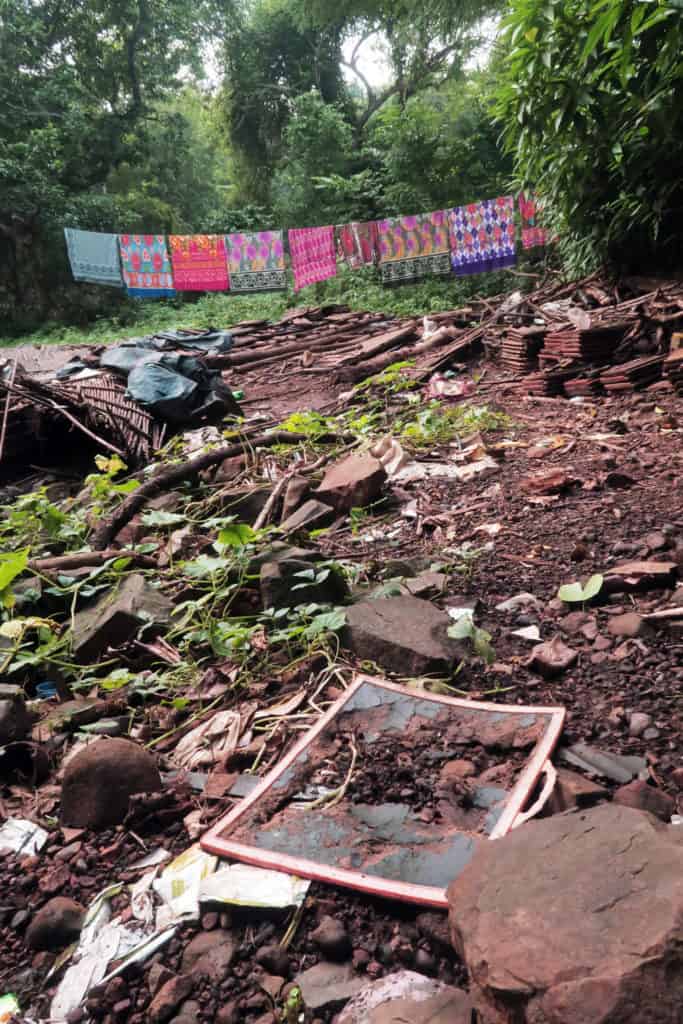Tansa dam, which supplies water to Mumbai, is now full
One of seven reservoirs in the city, the Tansa dam, has filled up thanks to steady and sometimes heavy rainfall in Maharashtra. However, the dam is now overflowing, which could be dangerous for those living close to it.
With a height of 128.17 metres and an overflow level of 128.63 metres, the dam is at risk of rising water levels. Authorities in the area have begun preparations for any outcome in the next few days.
Earlier in the monsoon, the Brihanmumbai Municipal Corporation (BMC) had announced a 10 per cent water cut in this city because of inadequate rainfall.
Source: The Times of India, India.com
Mumbai-Ahmedabad bullet train project gets green signal
On July 14th, the Maharashtra government announced that it had given all necessary clearances to the bullet train project – which will connect Mumbai and Ahmedabad – considered a pet project of Prime Minister Narendra Modi. The National High-Speed Rail Corporation Limited (NHSRCL) is executing the project.
The first bullet train of India was previously stuck at clearances from the Maharashtra government, which included acquisition of land, especially at Bandra-Kurla Complex (BKC) and Vikhroli in Mumbai, and shifting of petrol pump from BKC to make way for a high-speed rail station.
“Total land required in Maharashtra is 433.82 Ha, out of which physical possession of approximately 39 per cent, which comes to 168 Hectare, has been received. At BKC, a total of 4.84 Ha of land is required for Bandra Kurla Complex (BKC) HSR station and 0.81 Ha temporary land is needed to facilitate construction. Earlier, allotment of for 4.2 Ha land was issued by MMRDA in February 2018 but possession of the same is yet to be given,” an official said.
Source: Indian Express
400 BEST buses readied for monsoon
As Mumbai prepared for heavy rainfall in the next few days, Iqbal Singh Chahal, municipal commissioner, on July 14th announced that alternate arrangements for bus transport have been to allow uninteruppted public transport in the city.
Chahal said that the Brihanmumbai Electric Supply and Transport (BEST) undertaking has kept 400 buses, from its fleet of 3,000, on standby in case of emergencies. The Maharashtra State Road Transport Corporation (MSRTC) will also provide 11 buses for emergency use.
“The civic administration will be arranging temporary accommodation for residents living in these dangerous structures by the end of September. Till then, ward officers have been instructed to arrange accommodation in available BMC facilities like community halls and schools,” said an official.
Source: Hindustan Times
Read more: Mumbai needs more BEST buses
Severe waterlogging in South Mumbai
On June 13th, a high tide and heavy rains in the morning resulted in severe waterlogging in parts of South Mumbai. People stated that waterlogging was intense at areas in Marine Drive where the BMC has undertaken Mumbai Coastal Road Project (MCRP) construction work.
In areas where no coastal road work was being carried out, were free from waterlogging.
“There was no sign of stagnant water on the minor roads and the Captain Prakash Pethe Marg where no digging work is being done. Traffic was moving smoothly from here on. The only spots that went under water were where construction work has been taken up, which are mainly areas outside the Taraporewala Aquarium and Islam Gymkhana,” said Nikhil Banker, a local resident.
Source: Hindustan Times

VAT reduced in Maharashtra, petrol, diesal prices cut
Starting from July 15th, fuel prices have been reduced in Maharashtra. Petrol became cheaper by Rs 5 per litre while diesel price was cut by Rs 3 per litre. “The central government had reduced VAT on November 4 and May 22 and PM Narendra Modi had also urged states to do so. However, the previous Mahavikas Aghadi government did not pay any heed to the request made by the Centre,” Maharashtra said at a press conference.
However, petrol and diesal prices in other parts of the country remained unchanged.
The Oil Marketing Companies (OMCs) revise the fuel prices daily in line with international benchmark prices and foreign exchange rates. Petrol and diesel prices vary from state to state because of local taxes like Value Added Tax (VAT) or freight charges.
Source: News 18
[Compiled by Saachi D’Souza]